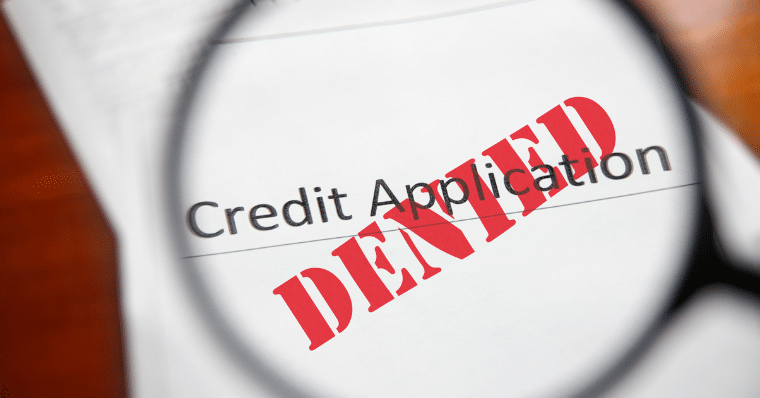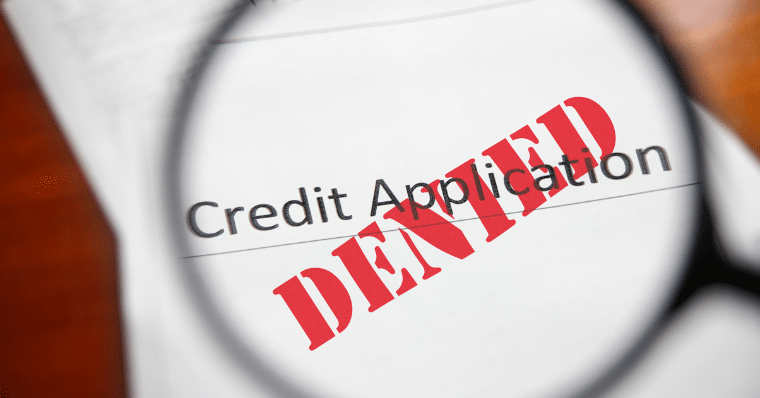When it comes to credit card disputes, sometimes the unfortunate reality is that our claims are denied by the card issuer. This can be frustrating and leave us wondering what to do next. However, it’s important to remain calm and take proactive steps to address the situation. Understanding the reasons behind the denial, gathering supporting evidence, and following the appropriate channels for escalation can increase the chances of a successful resolution. In this guide, we will explore the necessary steps to navigate the process of dealing with denied credit card disputes and seek a favorable outcome.

Here is a detailed breakdown of what to do after credit card disputes
1. Review the denial letter or notification
Carefully read the denial letter or notification sent by the credit card issuer. It should outline the reasons for the denial and provide information on any supporting documentation or evidence they considered. Understanding the rationale behind the denial is crucial for formulating your next steps.
2. Gather supporting evidence
Collect any relevant documentation that supports your claim. This may include receipts, invoices, emails, or any other evidence that proves your case. Make sure the evidence is clear, organized, and directly related to the disputed transaction.
3. Contact the credit card issuer
Reach out to the credit card issuer’s customer service department to discuss the denial. Ask for clarification on the reasons behind the decision and provide any additional information or evidence that may strengthen your case. Keep a record of all communication, including dates, names of representatives, and details of the conversation.
4. Dispute the denial in writing
If the initial contact with customer service does not resolve the issue, consider drafting a formal dispute letter. Clearly explain the facts of the dispute, provide supporting evidence, and request a reconsideration of the denial. Send the letter via certified mail with a return receipt to ensure it is received and acknowledged.
5. Escalate the dispute
If your dispute remains unresolved after contacting the credit card issuer, you can escalate the matter further. Contact the issuer’s dispute resolution department or ombudsman, if available, to request a higher-level review of your case. Provide all relevant information and documentation, emphasizing your willingness to cooperate and find a fair resolution.
6. Seek assistance from consumer protection agencies:
If the credit card issuer continues to deny your dispute, consider reaching out to consumer protection agencies for guidance. These organizations, such as the Consumer Financial Protection Bureau (CFPB) or the Federal Trade Commission (FTC), can provide advice, investigate complaints, and mediate disputes between consumers and financial institutions.
7. Consult with legal professionals
In complex or high-value disputes, it may be beneficial to consult with an attorney specializing in consumer law or credit card disputes. They can provide legal advice, assess the strength of your case, and guide you through the process of pursuing legal action, if necessary.
8. Monitor your credit report
While dealing with a denied dispute, it’s crucial to keep a close eye on your credit report. Ensure that any erroneous charges are removed and that the denial does not negatively impact your credit score. Dispute any inaccuracies or inconsistencies that may arise from the disputed transaction.
Also Read: Unlocking Luxury: IndusInd Legend Credit Card Benefits
Bottom line
In conclusion, dealing with denied credit card disputes can be disheartening, but it’s essential to take action and pursue a resolution. By staying organized, gathering evidence, and following the appropriate channels for escalation, you can increase your chances of a successful outcome. Remember to remain persistent and advocate for your rights as a consumer. If necessary, seek guidance from consumer protection agencies or legal professionals to navigate the process effectively. While the road to resolution may be challenging, it’s important to persevere and protect your financial well-being.

